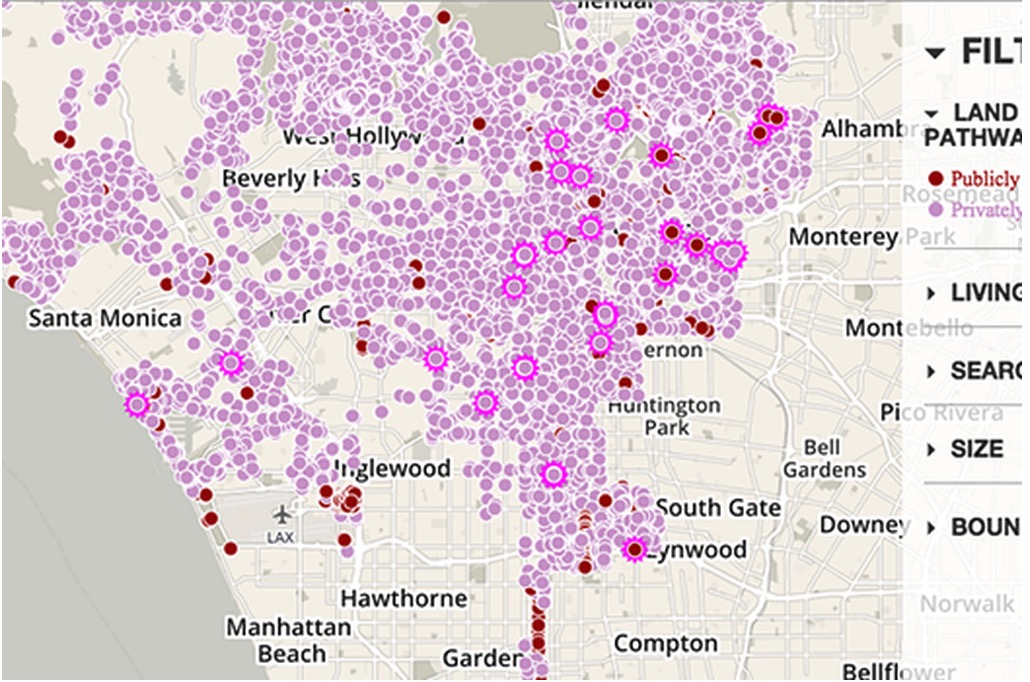Comments
PLANNING WATCH - The California State Legislature approved State Senator Scott Wiener’s latest scam, Senate Bill 79: Housing development -- Transit-oriented development. Even though California’s largest city, Los Angeles, opposes it, Governor Newsom is expected to sign the legislation. If he does, this is what is likely to happen:
First, there will be minor changes to residential areas near transit lines. It won’t be the travesty the bill’s opponents predict, but it will alter many residential neighborhoods.
Second, the combination of high interest rates and declining population in cities like Los Angeles will dull the legislation’s impact. Since this bill relies on private sector investment decisions, until interest rates decline and the demand for small, under-parked, and over-priced apartments increases, few private real estate investors will chomp at the bait.
The reasons can be found in the legislation, so let’s take a closer look at California Senate Bill 79.
“California faces a housing shortage both acute and chronic. . . “ No, your eyes are not lying. Despite the constant repetition that homelessness and overcrowding are caused by a housing shortage, California cities, like Los Angeles, have an abundance of vacant units and lots. The reason for these vacancies are the low incomes of the homeless and overcrowded. Although the bill makes it easier for developers to build new apartments, it will actually compound homelessness and overcrowding, not reduce it because the new units will be expensive.

Map of vacant lots in the Greater Los Angeles area.
“Transit-oriented development zone means the areas within one-half mile of a transit-oriented development (bus)stop.” It takes more than proximity to mass transit to get Angelenos out of their cars. What about convenience, cost, and time? Until they are addressed, most mass transit riders in Los Angeles will be those who are unable or cannot afford to drive cars.
“The Legislature finds and declares that the state faces a housing crisis of availability and affordability, in large part due to a severe shortage of housing, and solving the housing crisis therefore requires a multifaceted, statewide approach, including, but not limited to, encouraging an increase in the overall supply of housing, encouraging the development of housing that is affordable to households at all income levels, and removing barriers to housing production . . . “ The housing shortage is a myth used to justify State Senate Bill 79, since this legislation permits large, expensive apartment buildings in zones previously limited to lower residential densities. One critical study that addresses this predicament is The Vacancy Report. It found:
“We are building homes, but only for the rich. Amid an unprecedented shortage of housing for the people who need it most, Los Angeles is building plenty of homes. Unfortunately, much of it is accessible only to the wealthy . . . Newer buildings are consistently more vacant than older ones, and high-rent units are plagued by higher vacancy rates at every affordability level. This suggests that the pattern of development in Los Angele… will never resolve the housing crisis.”
Senate Bill 79 uses the homeless and overcrowded crises as a pretext for the real agenda of State Senator Wiener, his funders, and his acolytes. They want more investment opportunities for profitable market housing, and they know that homelessness is their best cover story to gain access to these prime areas. Even though Los Angeles already has sufficient zoning for housing, SB 79’s authors and supporters privately realize that Los Angeles and neighboring cities cannot enforce the low-income housing provisions of this legislation.
This is why Scott Wiener’s SB 79 will ultimately fail to reduce homelessness and overcrowding.
(Dick Platkin ([email protected]) is a retired LA city planner, who reports on local planning issues. He is a board member of United Neighborhoods for Los Angeles (UN4LA). Previous columns are available at the CityWatchLA archives.)





